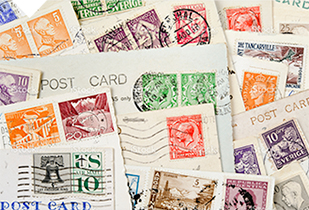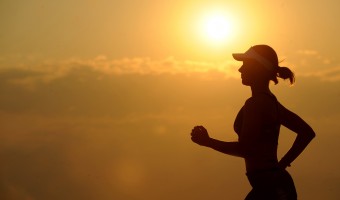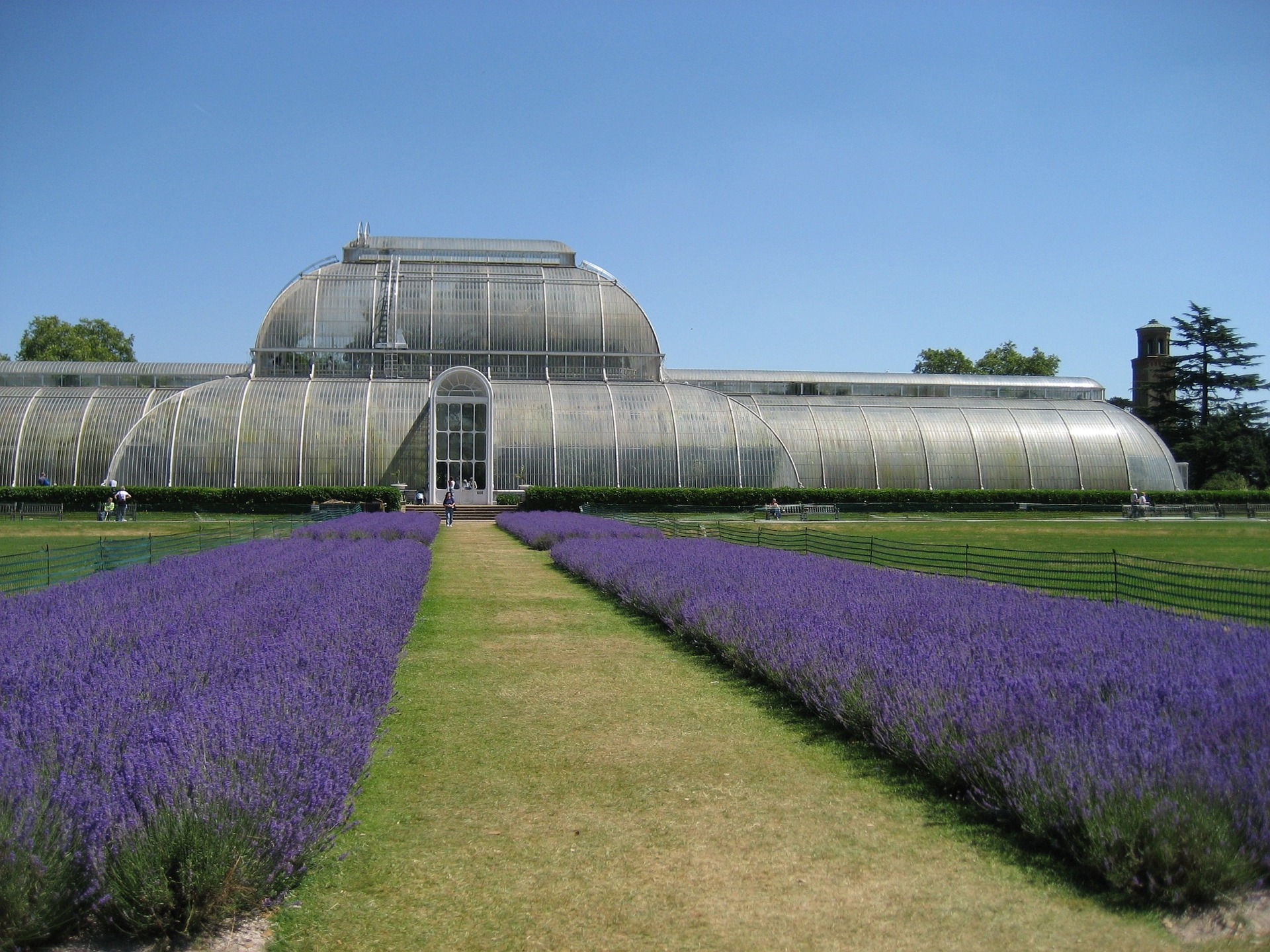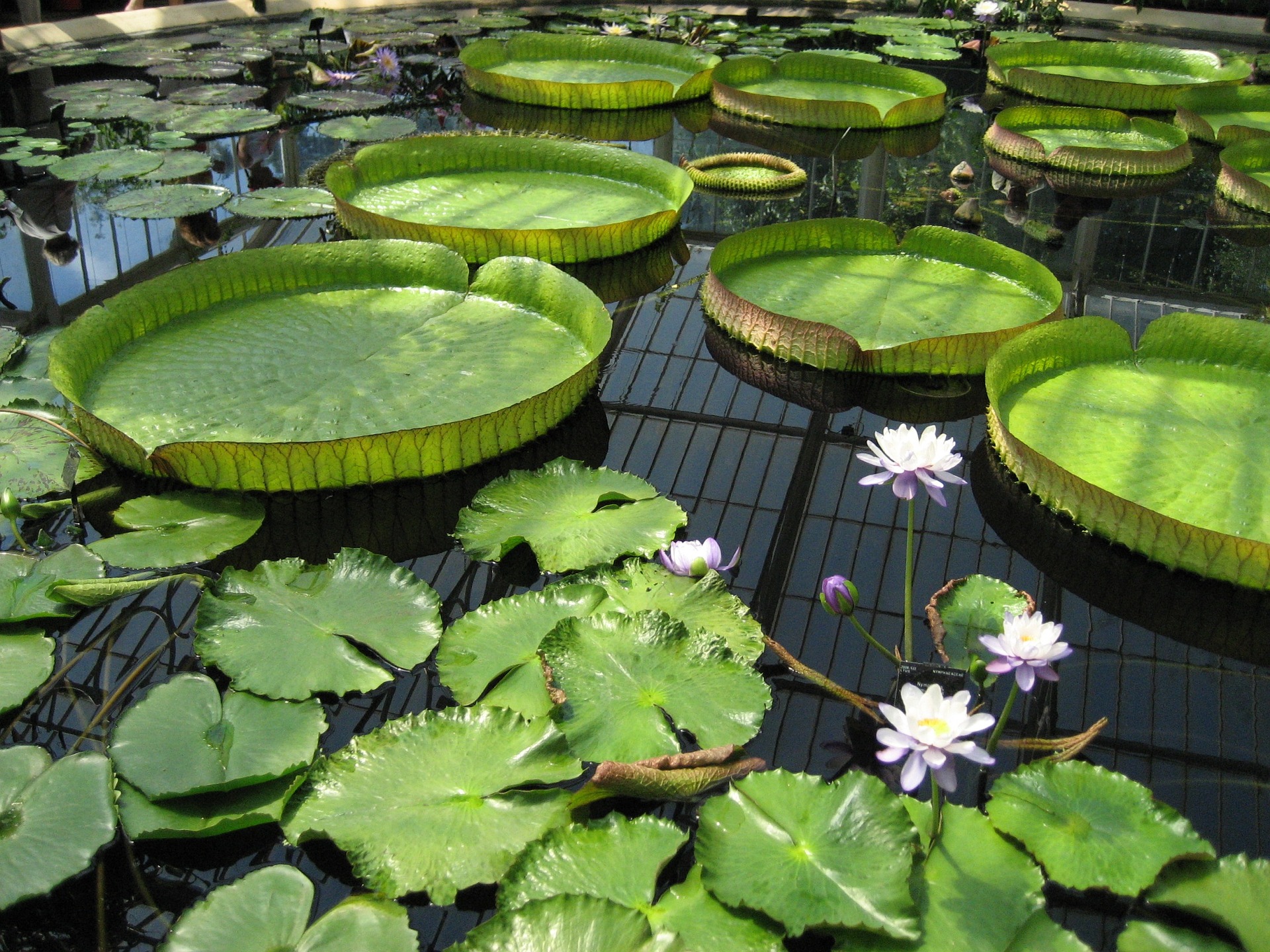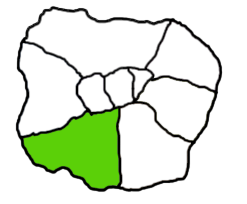
 PIN
Kew Gardens
PIN
Kew Gardens
The magnificent gardens of Kew
Kew Gardens is a UNESCO World Heritage site and one of the most visited attractions in London. Founded in 1759, Kew Gardens has quite a history. It holds the world’s last surviving Victorian Greenhouse, the Temperate House (under renovation until 2018), the world’s largest living plant collection (with over 30,000 species!), the oldest potted plant, and the smallest royal palace in the country. Visitors looking for a meeting place often congregate by the Lion gates.
History
The exotic garden was founded in 1772 by William Chambers who built several garden structures, including the lofty Chinese pagoda built in 1761 which still remains today. The "Dutch House" adjoining was purchased by George III in 1781 as a nursery for the royal children. It is a plain brick structure and is now known as Kew Palace.
In 1840 the gardens were adopted as a national botanical garden,
The Palm House was built by architect Decimus Burton and iron-maker Richard Turner between 1844 and 1848, and was the first large-scale structural use of wrought iron. It is considered "the world's most important surviving Victorian glass and iron structure."
The Temperate House, which is twice as large as the Palm House, followed later in the 19th century. It is now the largest Victorian glasshouse in existence.
In February 1913, the Tea House was burned down by suffragettes Olive Wharry and Lilian Lenton during a series of arson attacks in London. In July 2003, the gardens were put on the UNESCO list of World Heritage Sites by UNESCO.
TripTide Thoughts
Plan for a day trip and get there early (preferably on a weekday, as it’s less busy) and two: bring food for a picnic! Take your time, try to see all that Kew Gardens has to offer, and pace yourself! It’s a big place, after all.
Opening hours
10am–6.30pm (Mon–Thurs)
10am–9pm (Fri–Sun and bank holidays)
Wakehurst
10am–6pm
How to get there
By car/coach: we are on the B2028, south of Turners Hill and north of Ardingly.
Directions from London:
Take the M25 then M23, leave at Junction 10, turn left onto the A264
On the A264 go straight over first roundabout, turn right at next roundabout, onto the B2028
Wakehurst is on the right after Turners Hill
By train: our closest station is Haywards Heath (6 miles away). Turn right out of the station for the Perrymount Road bus stop. For train times.
By bus: route 272 stops outside Wakehurst, serving Crawley, Haywards Heath and Burgess Hill (Monday to Saturday only). For 272 timetable and route map
Tags
- South West
- , Greenspace and Wildlife
- , family
- , Tours
- , The Beautiful South-West
Recent Reviews
There are no reviews yet for this Triptoid.

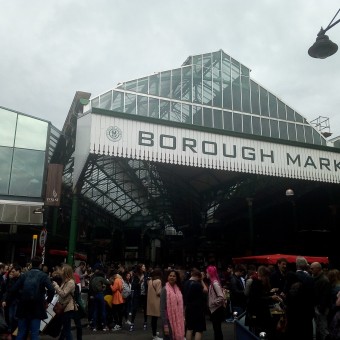

 Facebook
Facebook Twitter
Twitter Tumblr
Tumblr Google+
Google+ Pinterest
Pinterest LinkedIn
LinkedIn



